Read what Froebelian expert, Rachna Joshi, has to say about inclusion, family and community in her monthly blog about aspects of Froebelian pedagogy at Guildford Nursery School.
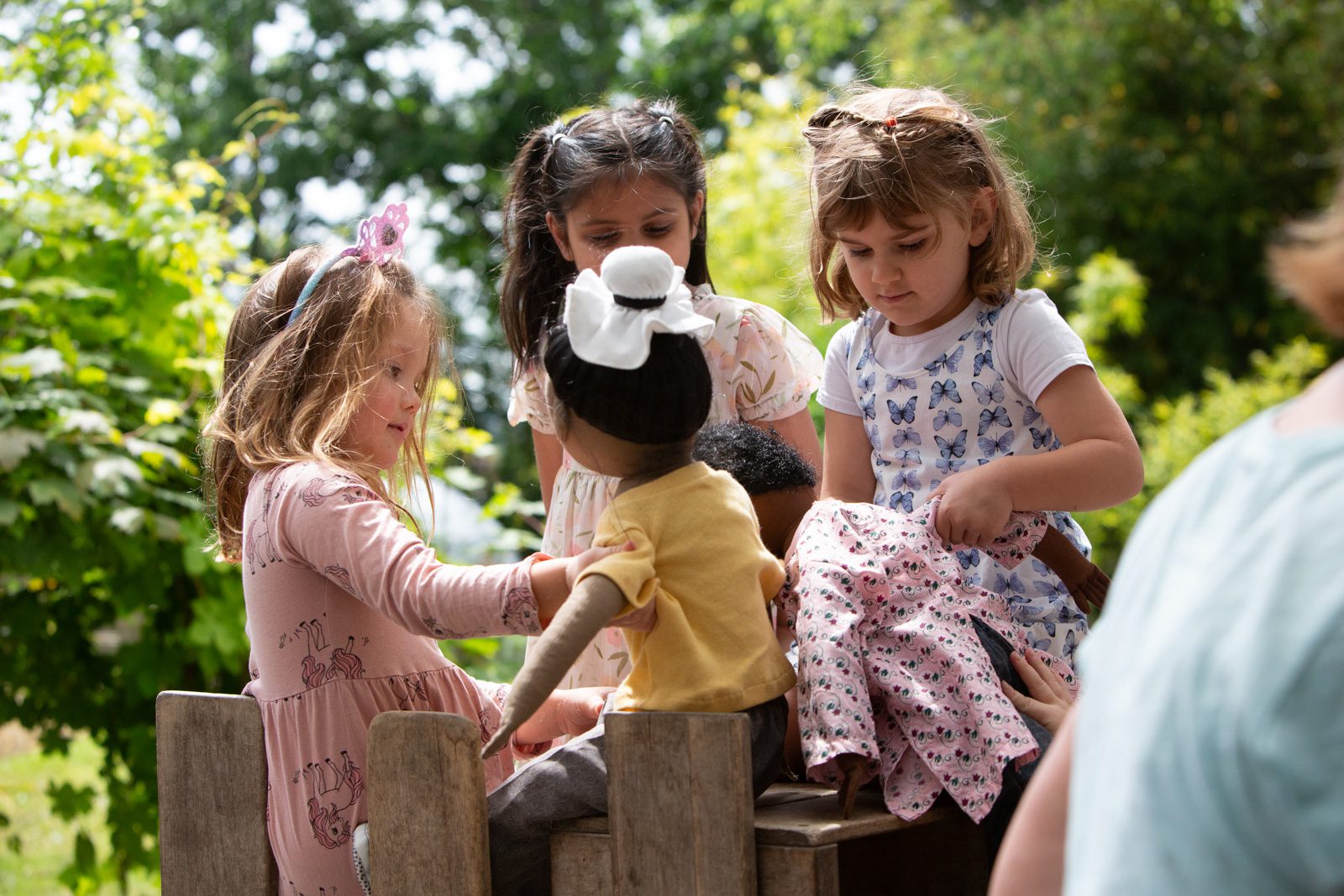
In January, I went to visit Guildford Nursery School and Family Centre (GNSFC) and whilst there, I spent some time in the Willow room – an area to support children who have additional needs. Whilst there, I was invited to observe a ‘SENsory play’ session in the family centre, seeing how the family centre operated and worked in connection with the Nursery. I also observed how the educators embrace and celebrate children’s cultures through everyday practice.
The Willow room was a relatively new space that was set up as an additional provision for children with additional needs. The team have been reflecting over the 2 years to find the right space for this cohort of children. Initially, the team began by quickly setting up a space which on reflection was not appropriate and therefore changed to an adjoining room that has its own toilets and access to outdoors, and a separate drop off space. This has supported families during drop off, to provide a quiet calm space to drop off, meet other families within the Willow group and create a safe space for the children and families to meet and discuss any concerns and support required with the educators. During the day, the doors are opened for children to access the main room, but there are opportunities to respond to what the needs of the children are, and shut the doors if the children require a quieter space to be in.
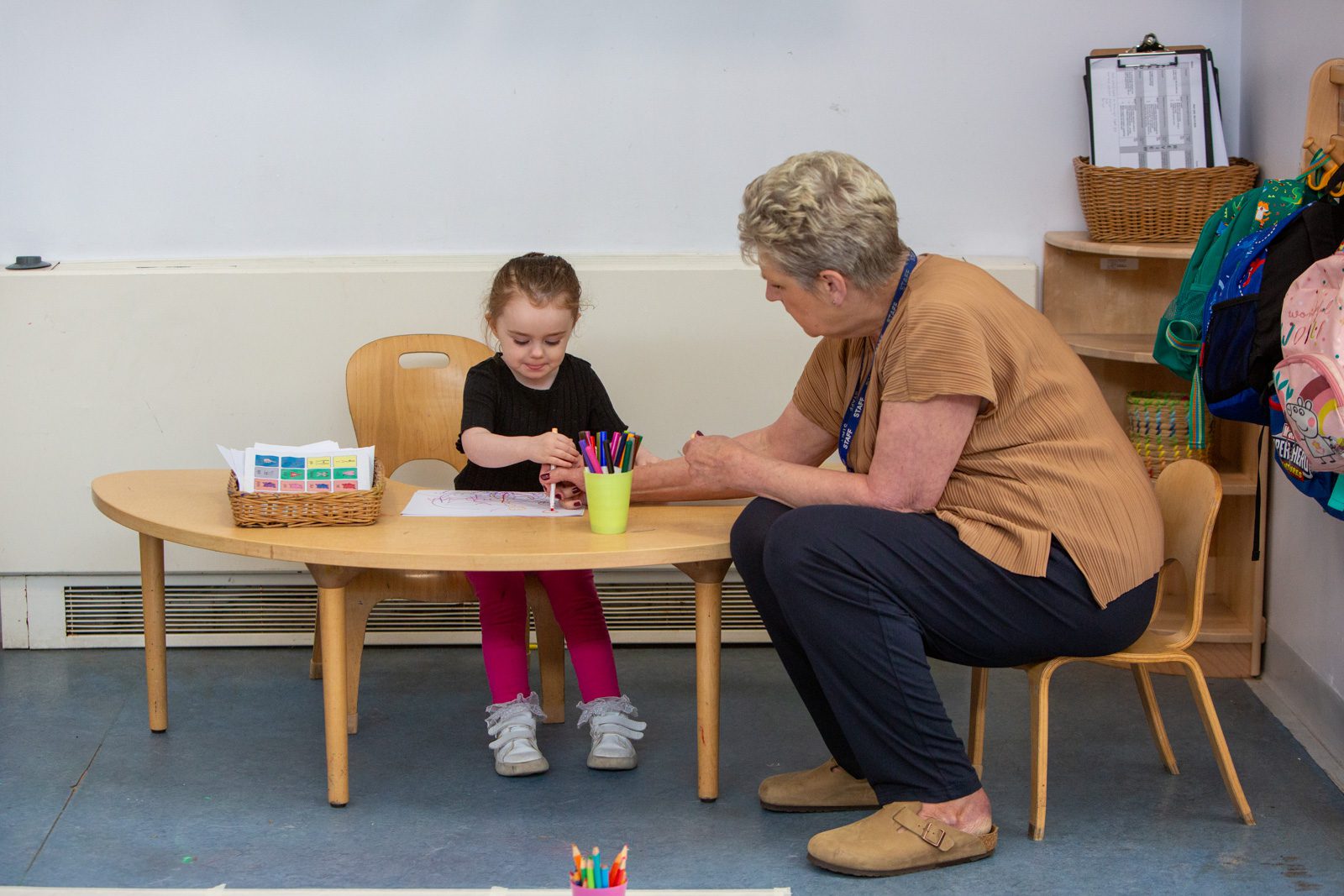
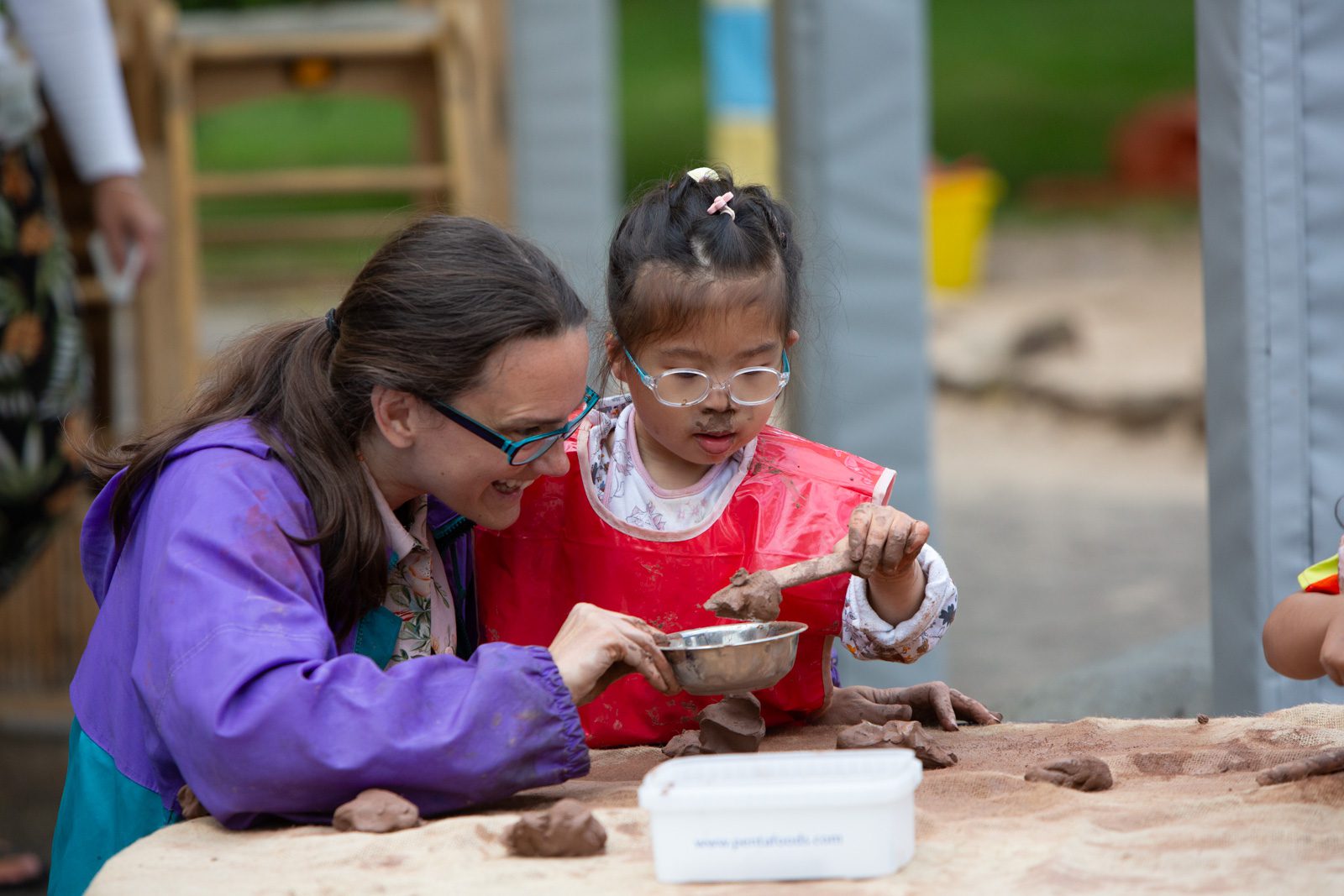
The creation and development of the Willow room embodies the Froebelian principles, by starting where the child is, and considering carefully the needs of the children within the space. The team have demonstrated their knowledge of the children and their needs by reflecting on and adapting the space, saying that initially perhaps there was a ‘reactive’ action to creating the Willow room, and now that there has been time to see how it’s working, they have been able to ‘respond’ more appropriately and change what was not working to improve the provision for the children. Being reflective is so key, and now they can see the benefits to all children and families. They continually assess how the children are responding and if they feel that they are ready to be in a larger space with the rest of the cohort they support that transition. The Willow room has created a sense of community, and supported families in finding other families who have children with special needs developing a sense of shared understanding.
A staff member invited me to observe a SENsory play session run by the Family Centre. They explained that this session runs each week for families in the borough with children who have additional needs. There were a range of activities set up, and refreshments for the families to create a sense of ease and enjoyment. Each week, when the families arrive, there are a range of professionals also present, such as speech and language therapists, occupational therapists and educational psychologists. This ‘joined up’ approach has meant that families and staff are ensuring children who may have additional needs are being met by professionals who can provide specific support to the child and family. There is also an opportunity for signposting to additional services that the children and family might require. Underpinning these sessions is the notion of creating communities and providing a nurturing space to discuss their needs and for staff to find ways to support families with these needs. Again, embodying the Froebelian principles through the approach to develop connections with families that are genuine, and guide families with supporting their child’s learning and development. This holistic approach is fundamental to the Froebelian principle of ‘unity and connectedness’.
During my time with the children in the provision on both sites, I observed various practice that the staff there would deem as usual but had a vital sense of nurture and care.
For example, an educator was soothing a child who was upset, the educator herself was Polish, and so spoke to the boy in Polish, who in turn responded back to her in Polish too. I felt that the educator was able to provide an immediate sense of home, a nurturing space where the child was able to be truly themselves and to be cared for in the same way, that perhaps at home, they are cared for too.
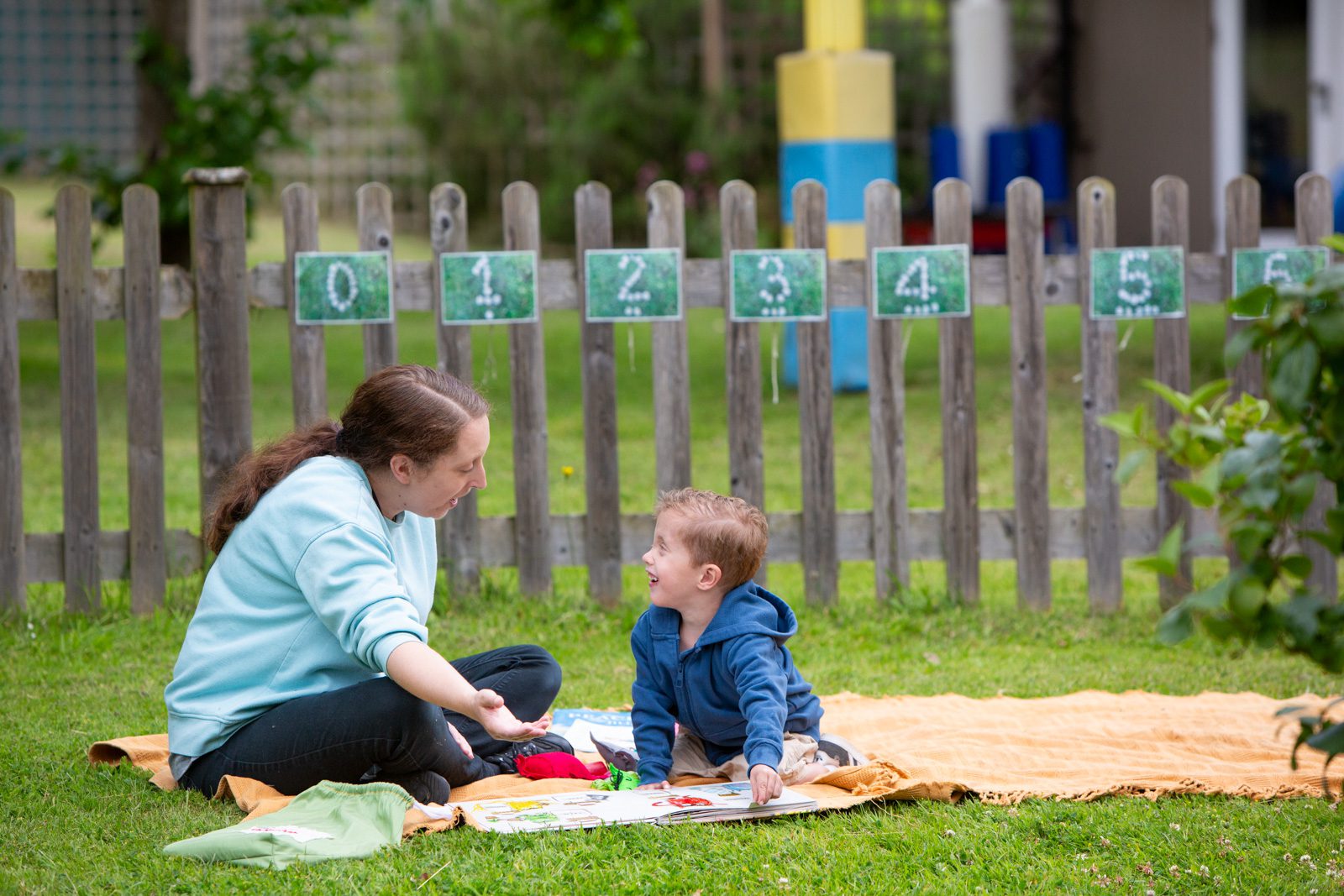
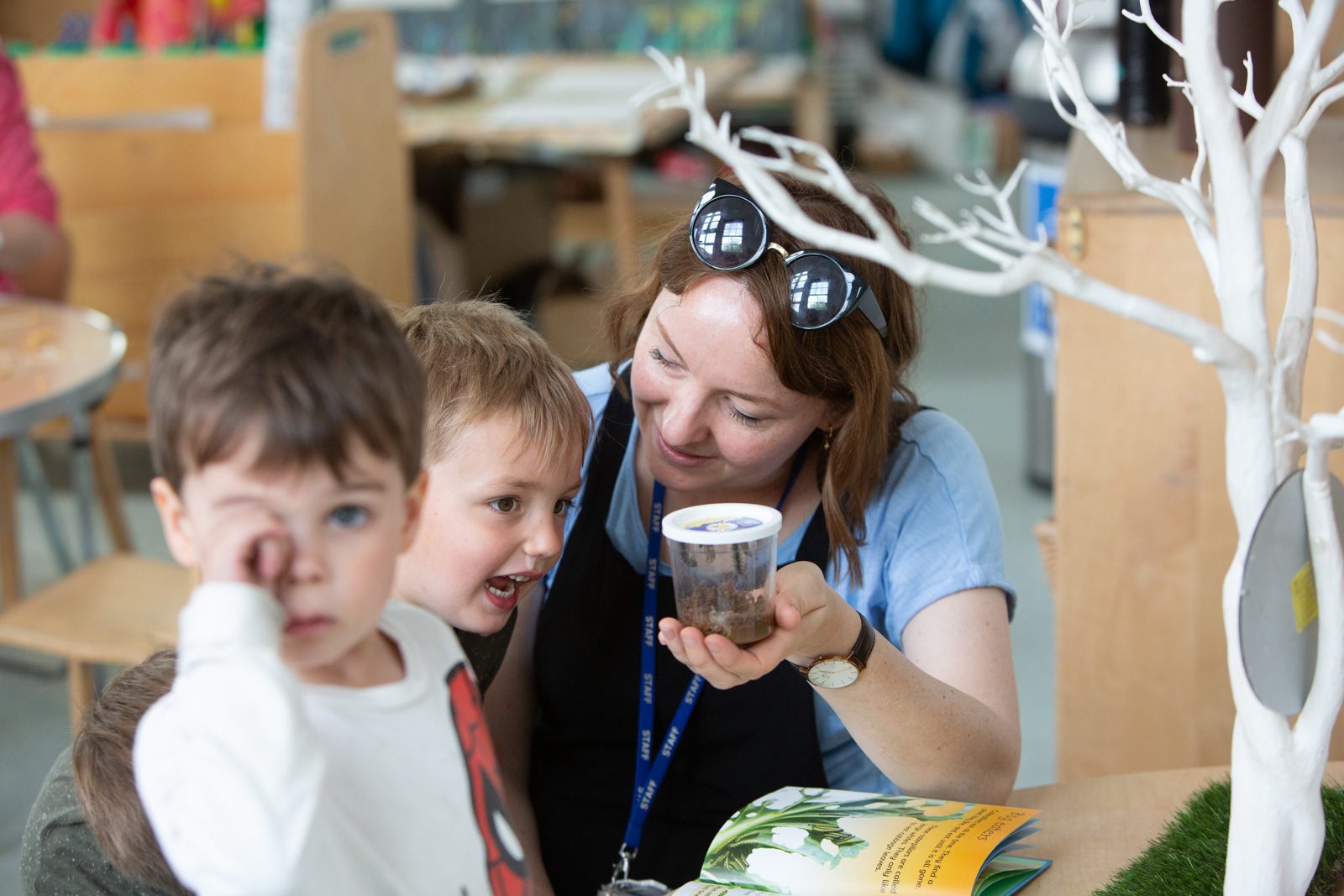
I also observed another educator during home time directing children to the tea room where a child and her sister would be staying for later than the core hours. Here, the educator explained to the child that ‘Papa would be coming later’. I’m unsure of how intentional this interaction was, but it was clear to see that the educator knew the child so well, and knew what the child would call their parents, instead of assuming ‘Daddy’.
This seemingly small interaction would really make an impact on the child, considering and centering them and their family, culture and language.
This theme of starting where the child is, respecting where they are, and valuing their contributions, culture and languages are fundamental in supporting children’s identity and sense of self. The educators who have these principles underpinned in their practice, are able to create an atmosphere of genuine care and nurture for children and their families.
